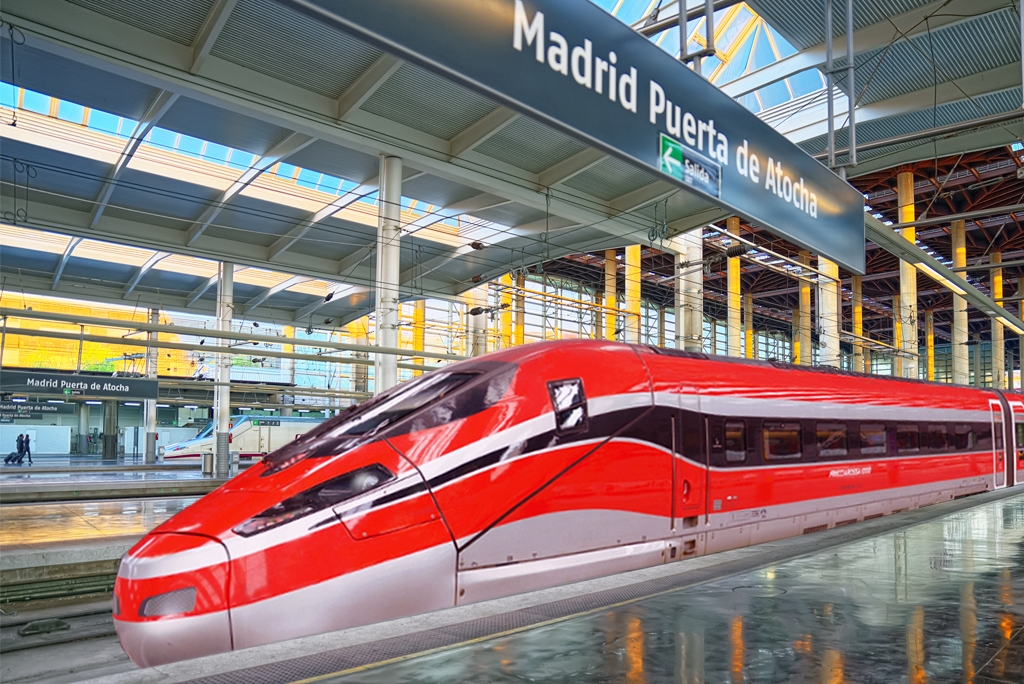 64% of people around the world would back banning air travel where high-speed rail alternatives exist, according to a major report* commissioned by Hitachi Rail and carried out by SavantaComres who collected data from 12,000 people in 12 different cities around the world.
64% of people around the world would back banning air travel where high-speed rail alternatives exist, according to a major report* commissioned by Hitachi Rail and carried out by SavantaComres who collected data from 12,000 people in 12 different cities around the world.
Globally, peoples’ default choices for long distance travel (2.5 hours or more) is made up of 46% choosing to drive, 34% travelling by train and 16% flying. How people travel is not set in stone though and respondents believe that their travel habits will change in the next five years. Globally, over one-third (35%) expect to travel more by train, while 6% believe they will travel more by plane and 17% by car. When it comes to questions around funding more green travel, 56% support raising air taxes to finance new high speed rail, with only one third against the idea.
Growing green long-distance public transport usage is critical to hitting carbon emission reduction targets and meeting global Net Zero requirements, and the research highlights how to achieve this modal shift. Of the respondents whose default long-distance travel mode was car or plane, 63% would switch to traveling by train if it was an hour quicker and 75% would switch to traveling by train if it was cheaper.
While sustainability factors may not drive how people travel, only an important factor to 14%, the research does show that respondents back green legislative interventions. A significant majority (64%) of respondents stated they would support banning air travel on short-haul where high-speed rail alternatives exist. With governments increasingly exploring legislative interventions to encourage green travel, it is notable that respondents in France, where a similar policy was enacted last year, were the most supportive of this proposal (75%) out of anywhere globally.
When travelling within cities, driving remains the most likely mode of transport for the majority of people, but other modes of transport are increasingly important, with train and bus ridership increasing by around one-third over the past year as part of a post-Covid revival. For commuters, 60% of journeys involve a car, and 60% involve another mode of transport.
There is also a demand to use public transport more in the future, with 72% saying they would be more likely to use public transport if it was better connected. This support ranges from as high as 87% in Dubai and 85% in Milan and Warsaw, to lower levels in Washington D.C. (56%) and Copenhagen (57%). Globally, almost half (49%) would still support the idea of a better connected public transport system even if it were more expensive.
*The Better Connected report (available in English, Italian, French and German) draws on our insights from a survey into attitudes towards public transport within and between cities. The survey, carried out by SavantaComres, collects data from 12,000 people in 12 cities around the world: Berlin, Copenhagen, Dubai, London, Milan, Paris, San Francisco, Singapore, Sydney, Toronto, Warsaw and, Washington D.C.
Share on:



